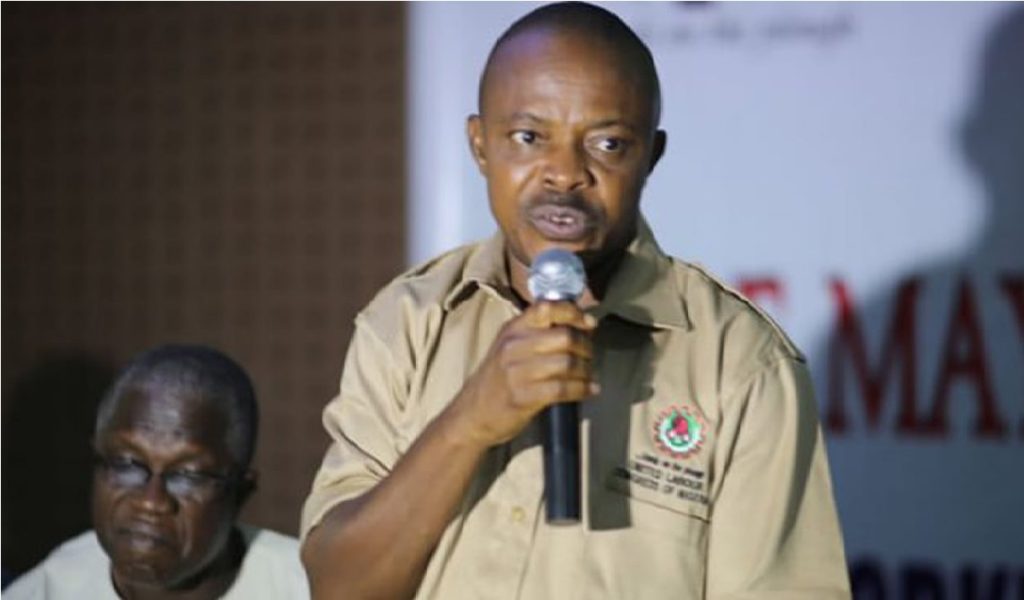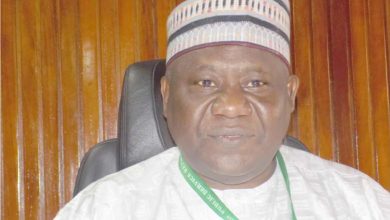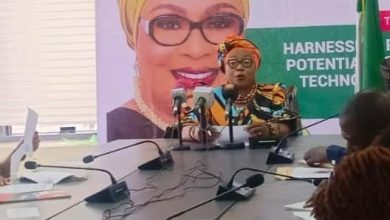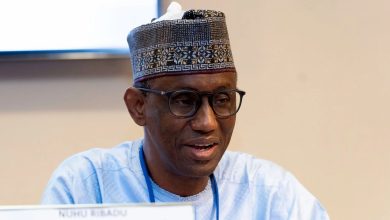NLC Proposes Tax on Tech Giants to Fund Worker Retraining
NLC President Joe Ajaero has proposed a special tax on tech and automated industries to fund worker retraining.
He warned that artificial intelligence is displacing jobs and weakening labour protections in Nigeria.
The President of the Nigeria Labour Congress, Joe Ajaero, has called for a special tax on the profits of technology companies and automated industries to fund large-scale retraining programmes for workers whose jobs are at risk due to advances in artificial intelligence.

Ajaero made the proposal on Friday at the 2025 Conference of the Labour Writers Association of Nigeria in Ibadan, Oyo State. The event, themed “The Future of Work in the Era of Artificial Intelligence,” explored how automation and emerging technologies are changing the nature of employment and labour rights.
He warned that while artificial intelligence is often celebrated as a sign of progress, it is increasingly being used by corporations to cut costs, displace workers, and erode labour protections. “We must bargain for comprehensive retraining and upskilling programmes funded by a tax on the excessive profits of tech giants and automated industries,” Ajaero said.
The NLC president described the spread of AI as a new stage in the global struggle between labour and capital, saying companies were prioritizing profits at the expense of job security and fair wages. According to him, the unchecked deployment of AI could weaken collective bargaining, undermine union rights, and create what he called “a digitally dispossessed underclass.”
He urged policymakers and labour leaders to push for legislation that protects workers in the evolving digital economy. Ajaero said such laws should include the “Right to Disconnect,” limits on algorithmic monitoring, and mechanisms to ensure that gains from automation are shared equitably, such as shorter workweeks without loss of pay.
Turning to journalists, Ajaero noted that labour writers play an important role in shaping public opinion and defending workers’ rights. “Your tools, typewriters, recorders, and keyboards, are as vital as our placards. They help expose injustice and give voice to workers,” he told participants.
He also accused some employers, including the Dangote Refinery and Petrochemical Complex, of breaching labour laws by preventing workers from joining unions. According to him, such actions represent “a growing trend of de-unionization driven by corporate greed.”
Ajaero emphasized that solidarity remains labour’s strongest weapon against both corporate and technological exploitation. “They have their AI, but we have our WE, our unity and collective power, which no machine can replicate,” he said.
The conference ended with a call for stronger collaboration between unions, journalists, and policymakers to ensure that Nigeria’s transition into the digital age promotes fairness, inclusion, and dignity for all workers.



